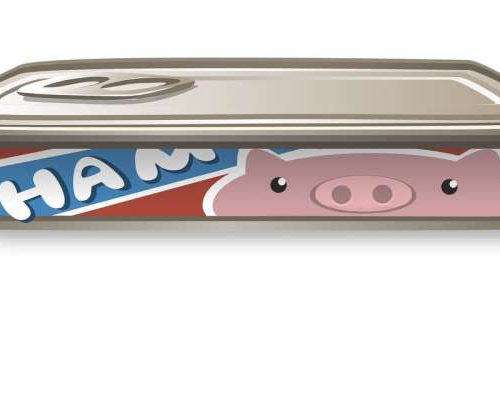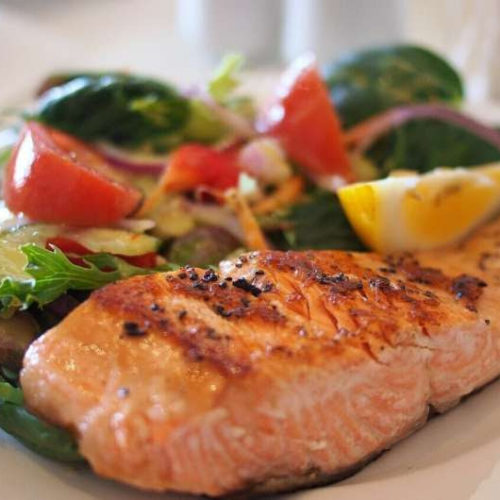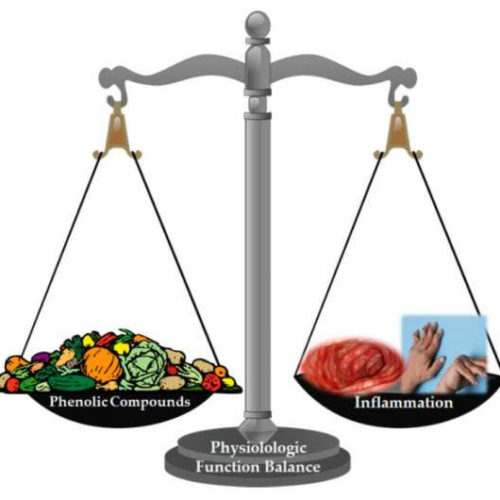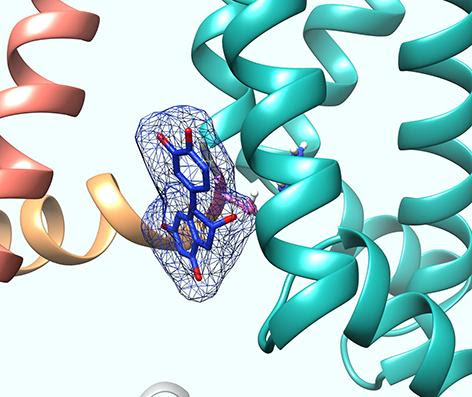UNIVERSITY OF MINNESOTA MEDICAL SCHOOL MINNEAPOLIS/ST.PAUL (03/22/2021) — New research from the University of Minnesota Medical School suggests that disease-driving B cells, a white blood cell, play a role in the development of non-alcoholic fatty liver disease (NAFLD) – the most common chronic liver condition in the U.S. Their findings could lead to targeted therapies for NAFLD,...
Category: <span>Nutrition & Dietics</span>
Eating processed meat could increase dementia risk
by University of Leeds Credit: CC0 Public Domain Scientists from the University of Leeds’s Nutritional Epidemiology Group used data from 500,000 people, discovering that consuming a 25g serving of processed meat a day, the equivalent to one rasher of bacon, is associated with a 44% increased risk of developing the disease. But their findings also show...
Not so sweet: UB study finds increased risk of death among breast cancer patients who drink sugar-sweetened soda
New research from the University at Buffalo suggests that breast cancer patients who drink sugar-sweetened beverages regularly are at increased risk for death from any cause and breast cancer in particular. Compared to women who never or rarely drank non-diet soda, those who reported drinking non-diet soda five times or more per week had a...
Study finds two servings of fish per week can help prevent recurrent heart disease
by McMaster University Credit: CC0 Public Domain An analysis of several large studies involving participants from more than 60 countries, spearheaded by researchers from McMaster University, has found that eating oily fish regularly can help prevent cardiovascular disease (CVD) in high-risk individuals, such as those who already have heart disease or stroke. The critical ingredient is...
Dietary phenolic compounds have an impact on noncommunicable diseases
by Research Institute for Medicines Most dietary antioxidants are derived from eating vegetables, fruits, tea and wine, foods markedly rich in phenolic compounds. The antioxidant defense mechanisms in humans that are not completely efficient make it important to eat exogenous antioxidants to combat excess ROS which can lead to the progress of conditions such as cancer, rheumatoid...
New discovery explains antihypertensive properties of green and black tea
UNIVERSITY OF CALIFORNIA – IRVINE IMAGE: STRUCTURAL MODEL SHOWING THE TEA FLAVONOID EPICATECHIN GALLATE (BLUE/RED) BINDING TO THE BASE OF THE VOLTAGE SENSOR (GREEN) OF KCNQ5, A TYPE OF POTASSIUM CHANNEL FOUND IN HUMAN BLOOD VESSELS. CREDIT: GEOFF ABBOTT, UCI SCHOOL OF MEDICINE Irvine, CA – March 8, 2021 – A new study from the...
Does a vegan diet lead to poorer bone health?
BFR FEDERAL INSTITUTE FOR RISK ASSESSMENT The vegan diet is on trend. How this type of diet affects health is the subject of scientific studies. In a new study from the German Federal Institute for Risk Assessment (BfR), the bone health of 36 vegans as well as 36 people following a mixed-food diet was determined...
Dietary Supplement Warning, Again!
Posted by Kathleen Hoffman on Feb 19, 2021 Lots of people take dietary supplements. Unfortunately, they are not all that their producers claim. A previous post notified readers of FDA warnings to dietary supplement producers. Today another dietary supplement warning has come out and it is especially pertinent as so many of us are experiencing sadness and...
High fat diets may over-activate destructive heart disease protein
by University of Reading Credit: Unsplash/CC0 Public Domain Consumption of a high fat diet may be activating a response in the heart that is causing destructive growth and lead to greater risk of heart attacks, according to new research. In a paper published in Biochemical and Biophysical Research Communications, researchers looked at the effect of feeding...
High intake of refined grains linked to higher risk of heart disease and death
by British Medical Journal Credit: Pixabay/CC0 Public Domain High intake of highly processed (refined) grains is associated with higher risk of heart disease and death than whole (unrefined) grains, finds a study published by The BMJ today. Cereal grains, such as oats, rice, barley and wheat make up around 50% of daily caloric intake across the world and...







